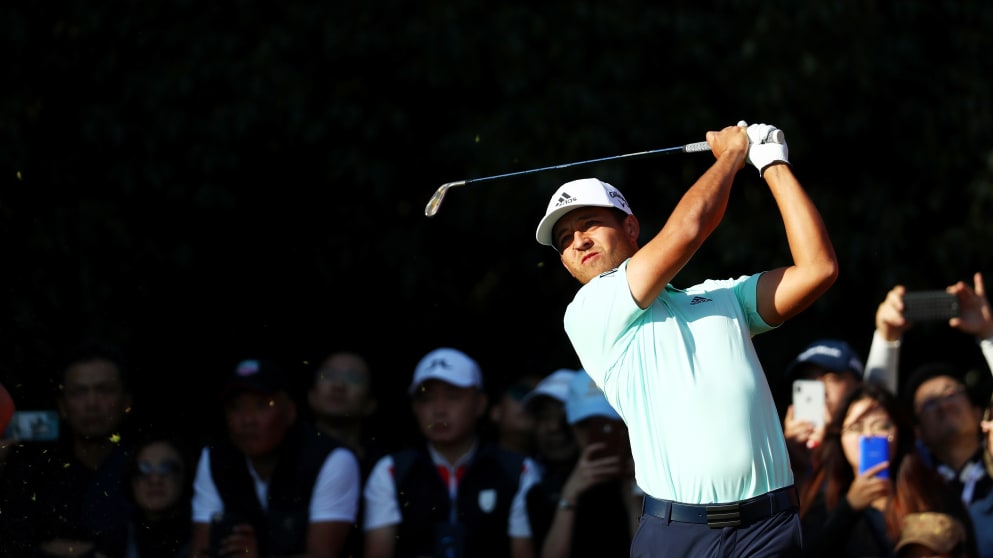What is the profile of a Masters Tournament winner? Where is the Masters won and lost? Who statistically is most suited to Augusta National Golf Club? One of the leading figures in golf data analysis, Justin Ray, has sifted through the numbers and has drawn some interesting conclusions……
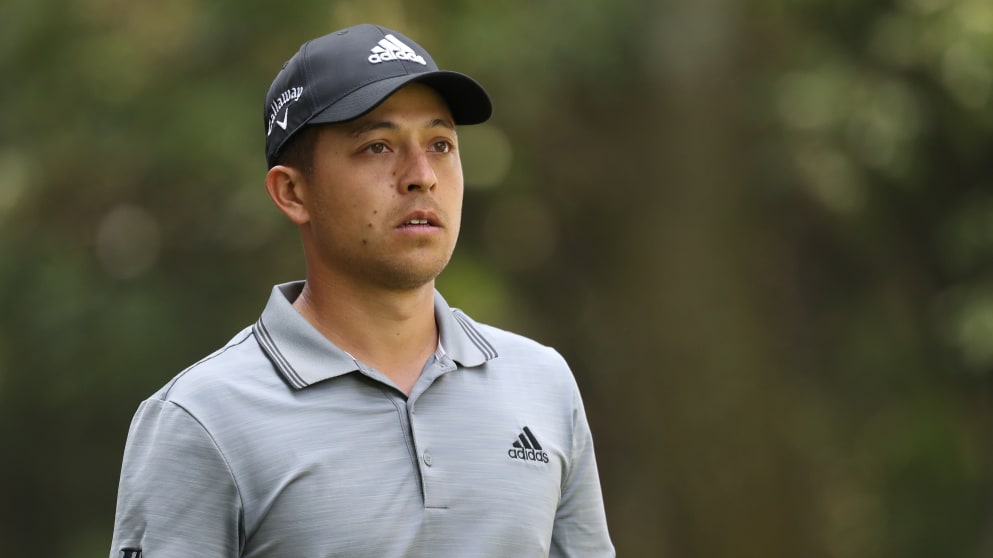
By 15th Club’s Head of Content, Justin Ray
What it takes to win
How do you triumph at Augusta National? We only have shot-by-shot data covering the last four years, but that’s still a big enough sample size to uncover a few patterns. Over that time period, the player who has led the field in strokes gained approach that week has finished first (2015), first (2016), second (2017) and third (2018).
Just to underline the importance of iron play at Augusta National in particular, back in 2015, Dustin Johnson led the field in both strokes gained off the tee and strokes gained putting – and still finished nine shots behind Jordan Spieth.
That being said there are always going to be different ways to succeed in any golf tournament. Last year, Patrick Reed was phenomenal when it came to chipping and putting – he gained 13 strokes on the field around, and on, the greens. Rickie Fowler was second in that statistic for the week, gaining 7.3 strokes on the rest.
Through the years though, a player’s approach shot performance — both leading into the Masters and during that week — has proven to have the strongest correlation to success at Augusta National.

The make up of a Masters champion
When it comes to working out the overall profile of a Masters champion, we can look further back. Since the inception of the Official World Golf Ranking in 1986, the Masters winner has an average rank of 15.5 in the world at the time of their victory. That’s easily the lowest of the four majors – the other three averages range from 24 to 37. The smaller field at the Masters has a lot to do with that, but I also believe it speaks to the value of experience at Augusta National.
To that point, since 2000, the average number of career starts at Augusta by Masters winners is right around eight. That number stays pretty much the same, no matter how many years you parse the data by.
As far as age goes, the last ten winners have an average age of 31 — same for the last twenty winners. Over the last thirty years, the average age is 32. Experience isn’t everything at the Masters, but it certainly doesn’t hurt your chances.
Form is also, unsurprisingly, very important. There’s a reason why each of the last seven Masters winners were ranked in the top 25 in the world at the time.
Since 2000, around 60 percent of Masters champions had claimed a victory earlier that year on either the European Tour or PGA Tour.
You’ll still find the occasional past champion who seemingly comes out of nowhere to contend (Bernhard Langer in 2016 comes to mind), but don’t toss aside current form when making your Masters picks.

Where the Masters is won and lost
When looking at the holes which have played a key role in determining who takes home the Green Jacket, we can see even more trends. Since Tiger’s famous triumph in 1997, the third, 13th, and 15th holes have been where champions have most dramatically outperformed the field.
On average, winners have played those two back nine par fives more than half-a-stroke better per round than the rest of the field. Champions have made birdie or better on 13 and 15 about 49 percent of the time, in that span.
It’s also good to point out that you shouldn’t be disheartened if your pick to win makes bogey out of the gate – Masters winners have played the opening hole at Augusta National over par since 1997.
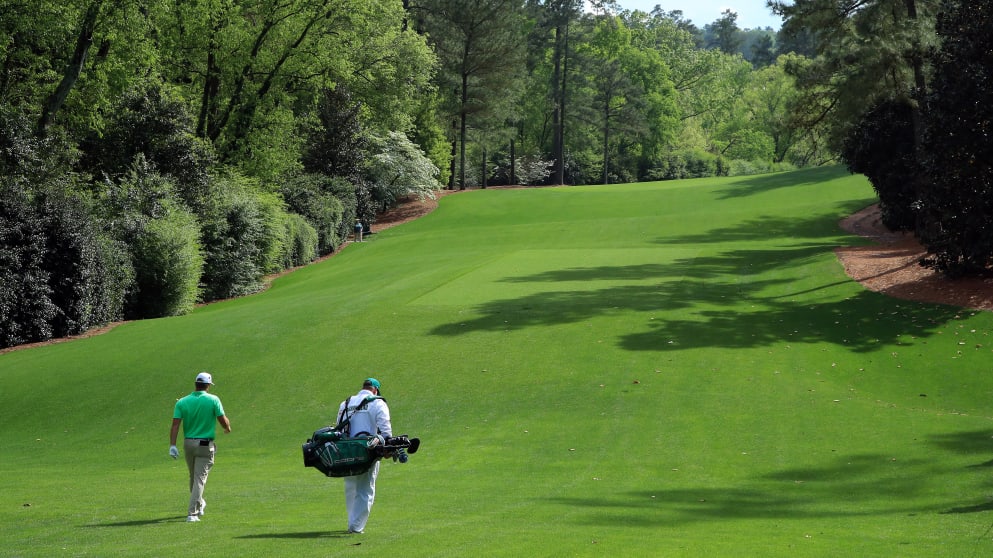
Rookie chances
It’s a tough ask for a rookie to win this week. Only one player since 1940 has won in his first Masters appearance – Fuzzy Zoeller in 1979. Jordan Spieth got close in 2014, leading on the back nine before Bubba Watson claimed the title.
The first-timer I wouldn’t write off totally, though, is the man who won last week in San Antonio, Corey Conners. He’s an elite iron player – he leads the PGA Tour this season in proximity from the fairway, is third in greens in regulation and seventh in strokes gained approach.
Augusta National is, on average, the toughest course players face all year in terms of proximity on shots from 125 to 200 yards. On the PGA Tour Conners ranks second in shot accuracy from 150 to 175, and fourth in shot accuracy from 175 to 200. At a place where that skill set is valued, Conners has it in bunches.
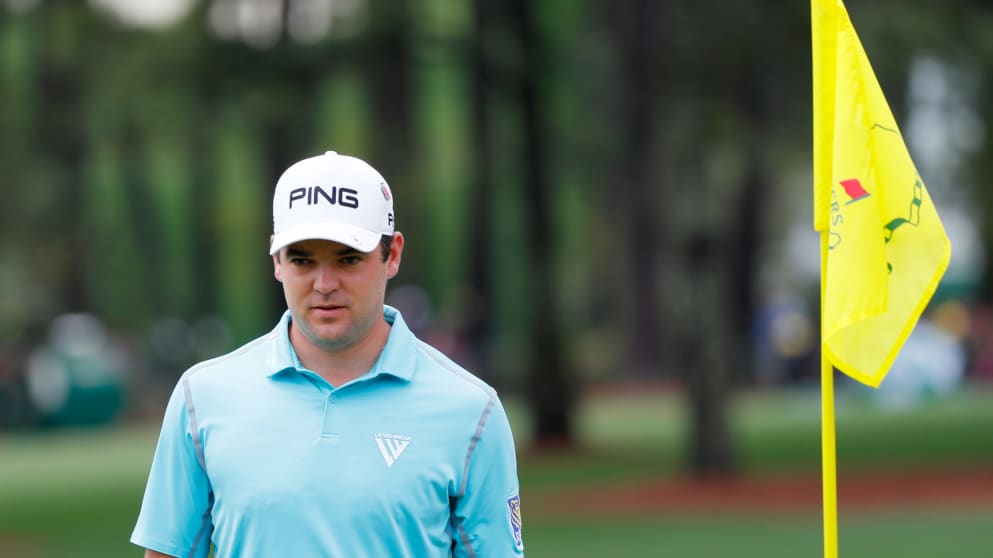
Why Rory is the favourite
In my opinion, Rory McIlroy is inarguably the man to beat. He’s the only player to finish in the top ten in each of the last five years at Augusta National. Over the last four years, he’s been the best player tee-to-green here statistically. Rory is also the first player to enter the Masters with a win and seven top-ten finishes in a PGA Tour season since Phil Mickelson in 2004 – Phil went on to win the Masters that year.
He hasn’t finished worse than sixth in a stroke play tournament this year, and his ball-striking numbers right now are the best of his entire career. For me, Rory is the favourite to win.
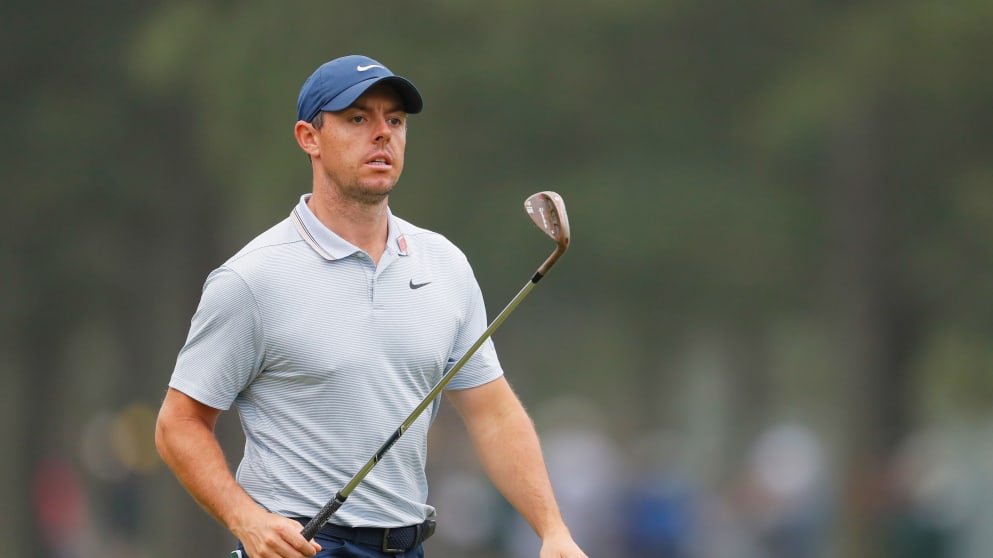
Why you should keep an eye on Schauffele
Xander Schauffele seems to always fly under the radar. He won in Hawaii earlier this year at a course that features many uneven lies on iron shots. Schauffele ranks 13ththis season in strokes gained approach, over in America, and has three top-six finishes in just seven major championship starts in his career.
Hideki Matsuyama is another player to watch this week. He’s third in strokes gained tee-to-green this season, and second in strokes gained approach. Over the previous four years, only McIlroy, Rose and Casey have averaged fewer strokes tee to green per round at Augusta National. He’s had four straight top-20 finishes at the Masters and appears to finally be healthy.
